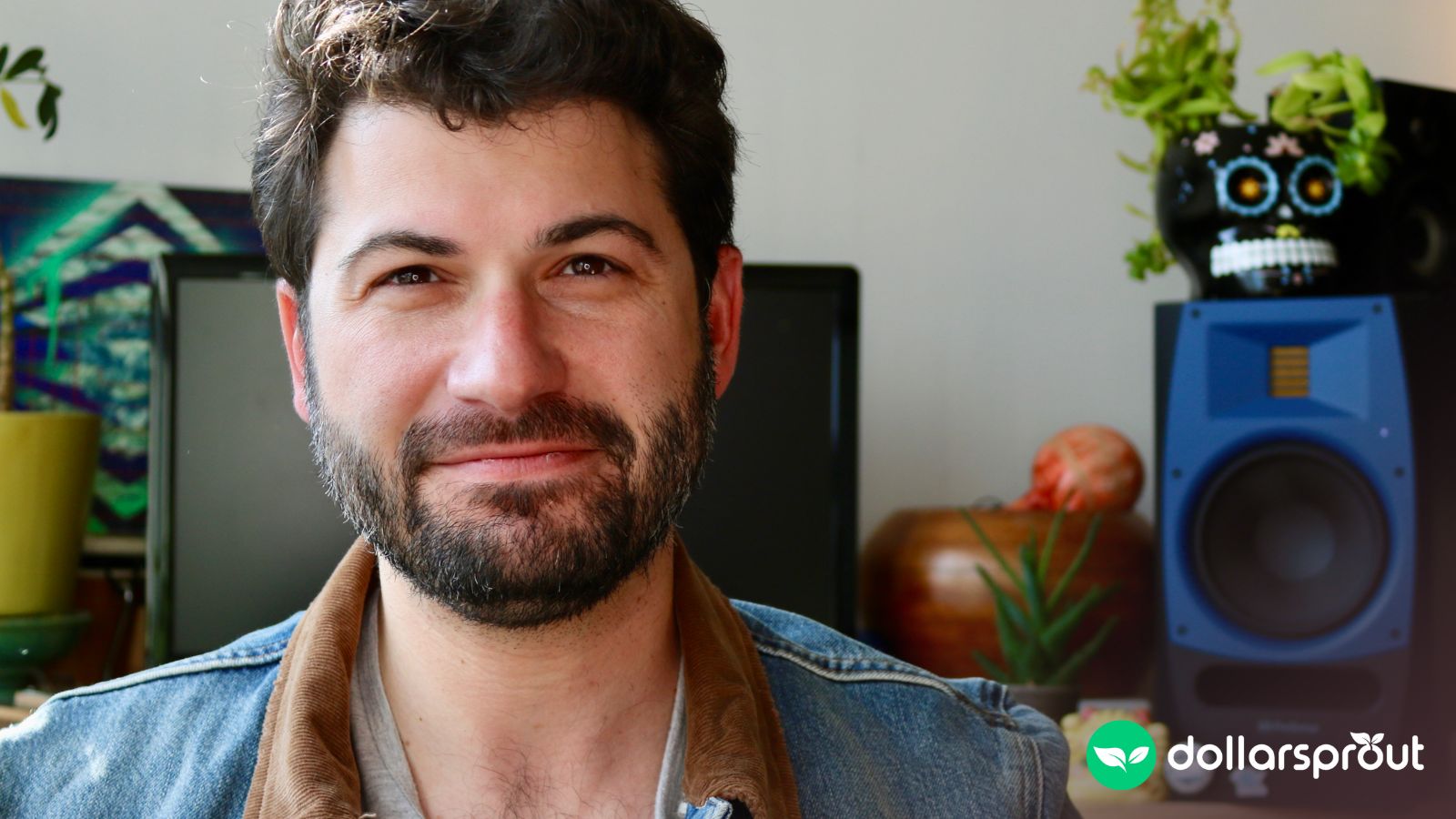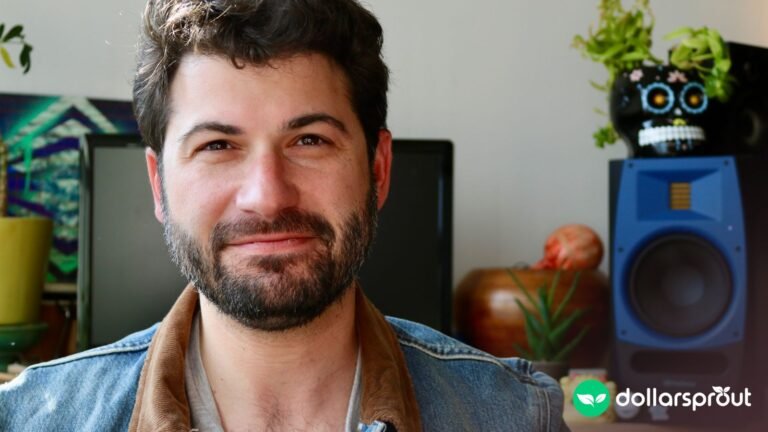

SAN DIEGO, CA — In its vast landscape side hustles And Moonlight Concerts, the story of a lawyer by day, stock music maker by night, strikes a chord of creativity and entrepreneurship.
Armed with a passion for music and drive that rivaled his legal ambitions, Evan Oxhorn turned what could have been mere digital dust on a hard drive into a symphony of hits, with tracks that light up TV shows and enrich scenes watched by millions .
Without the need for large investments – starting simply with a basic home installation – he created a niche in a niche that pays both in financial returns and personal satisfaction.
Collecting $200 to $300 a month in music royalties, Oxhorn’s foray into the world of stock music grossed over $10,000 in its first three years, illustrating the potential of music licensing as a rewarding side hustle.
From legal documents to sheet music
Embarking on a journey from the structured world of law to the creative realm of music, Oxhorn — now, colloquially, the Stock Musician — found himself at a crossroads.
“I’ve been a lifelong musician, but as I graduated from law school in 2012 and began my legal career, it became increasingly difficult to find time to play in a band. I had all these songs on my hard drive and nothing to do with them, and I started to get depressed that no one would ever hear them,” Oxhorn shared.
That emotional low sparked a transformation, leading him to explore the world of music licensing, a field where with luck (and skill) your songs can be heard by millions of people without having to have a social media presence or playing gigs in dive bars.
“What I loved was all I had to focus on was writing and recording the songs. The music library would then focus on marketing and handling transactions.”
The thrill of hearing his compositions on shows like Real Housewives of the Potomac and 90 Day Fiancé underscores the success of his musical endeavor. “It’s such a cool feeling to actually hear your song being used in a show!”
Building a home studio
The transition to music licensing required little initial investment given the pre-existing home recording setup.
“A musician could easily build a usable recording studio for a few hundred dollars,” he notes, underscoring the accessibility of this side hustle.


Over time, reinvestment in quality equipment has been key, with current earnings from music licensing at “$200 to $300 a month”.
Related: 20 Low Cost Online Business Ideas
Mixing, Mastering and Moving Forward
Mastering the art of mixing presented a significant challenge, which was met with dedication and constant learning.
“One of the biggest challenges was learning how to mix music with professional sound,” reflected Oxhorn.
A challenge he overcame by taking several online music production courses such as Mix with the Masters and Revolution recordingas well as watching many guides on YouTube.
Additionally, he recommended learning how to use a Digital Audio Workstation (DAW) “like Ableton, Pro Tools or Logic so you can make your music quickly and efficiently.”
“I don’t think it matters what DAW you use, as long as you feel comfortable using it,” Oxhorn shared.
His music production journey has been filled with milestones, such as an unexpected moment during his first year of experimentation when Comcast began using one of his songs as a background song for their streaming movie menu. “I came across it by chance flipping through the channels and was totally freaked out. I thought my wife had somehow hit play on my computer or something,” Oxhorn joked.
The surprise of discovering his work in such an unexpected place was a memorable point. His sage advice to newcomers: “Finish your songs! They don’t have to be perfect – and they never will be.” a point he often emphasizes on his tutorial-filled YouTube channel.
Related: How this teacher became a YouTuber earns $40,000 a month
Dealing with legal liability with music
Balancing a demanding legal career with a boom in music production required strategic time management.
“My main driver wanted me to get my music out there, but I didn’t have the time or energy to do all the other things it takes to be in a band. I knew that even releasing my music for free on Spotify wouldn’t lead to an audience without tons of promotion,” Oxhorn shared.
Then he realized he could get someone else to do the work of promoting the songs and getting them heard. “The great thing about the way music licensing works is that the library takes care of all the promotion of your songs. The hustle part involves reaching out to new libraries to see if they accept new composers,” Oxhorn advised.
Despite the solitary nature of music licensing, compared to the collaborative dynamic of a band, the satisfaction that comes from creative production fuels his ongoing passion. “For me, I tend to find an hour here or an hour there to record or mix or come up with an idea.”
The path ahead
Looking ahead, the goal is to steadily expand his musical portfolio, aiming to “get 20-40 new songs into libraries every year.”
This approach promises not only increased profits but also the joy of seeing his music enrich a variety of media.
Oxhorn closed by saying “As my songs are placed on more television shows – and those shows are repeated and streamed – my royalty list continues to grow”.
Related:

